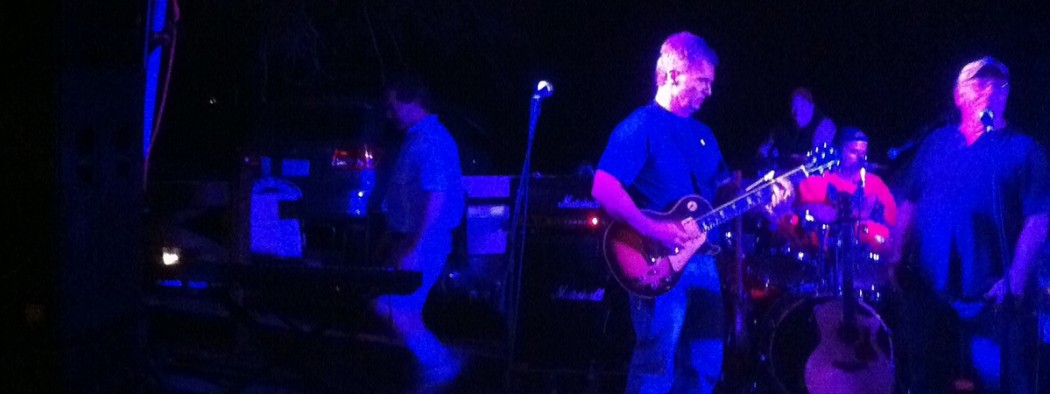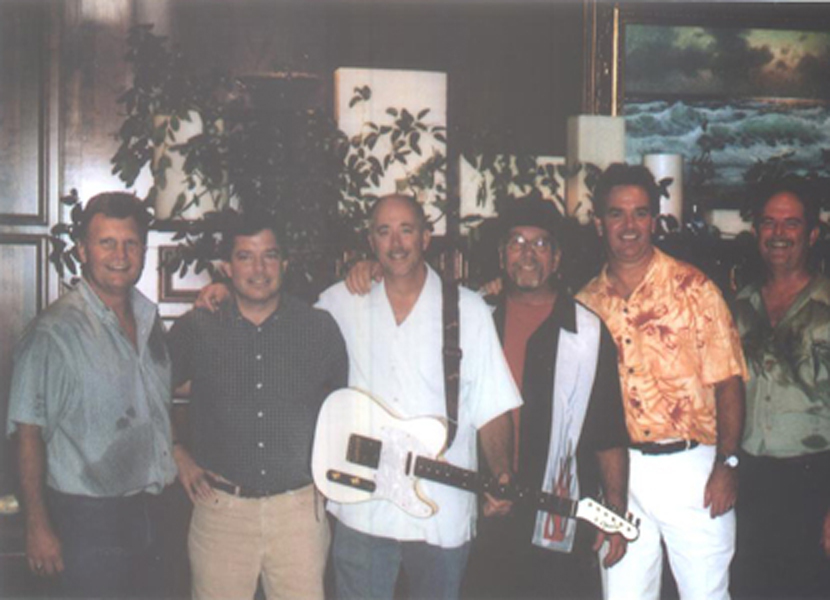
No, not all addicts have narcissistic personality disorder, just as not every person with this disorder is a narcissist addict. Chronic alcohol misuse changes neurotransmitters in the brain and affects how the body responds to alcohol. According to BioScience Trends, “Alcoholism is a global socially significant problem and still remains one of the leading causes of disability and premature death.
Finding Healing in Narcissistic Abuse Support Groups
An alcoholic can exhibit symptoms of Narcissistic Personality Disorder (NPD), but usually not enough to be diagnosed. In addition, a person with NPD is not always an alcoholic. With AUD, a person’s behavior may change depending on whether they are sober or not.
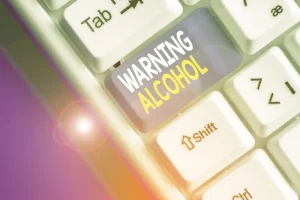
Interplay Between NPD and AUD
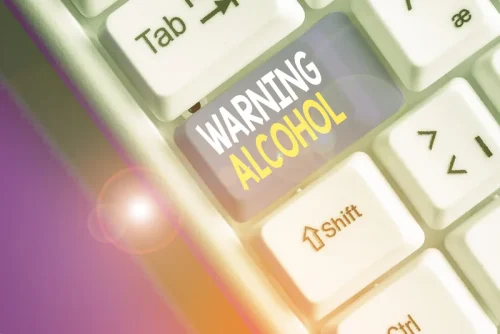
The hidden nature of covert narcissism and its relationship with addiction means that many people suffer in silence, unaware that help is available. It’s time to shine a light on this issue, encouraging open dialogue and promoting awareness. Recovery from the dual challenges of covert narcissism and addiction is not a straight path. It’s more like a winding road with plenty of bumps, detours, and unexpected turns. Local community resources, such as counseling services or addiction support centers, offer specialized assistance. These organizations often provide education about narcissism and alcoholism.
- Likewise, people with AUD can successfully recover from the disorder.
- Both types of pathological narcissism (abnormal efforts to regulate the self) are also linked to alcoholism.
- They render the narcissist the center of attention, but also place the narcissist in splendid isolation from the madding and inferior crowd, from the great unwashed, from the chimpanzees.
- In other words, those who had narcissistic tendencies were more likely to use alcohol and experience problems because of alcohol use.
Can alcoholism cause narcissistic personality disorder?

Depression causes a person to have a consistently negative outlook and affects a person’s thoughts and actions. Alcohol is sometimes used as a quick fix but can actually make symptoms worse. Alcoholics will claim that they can stop drinking whenever they want. They’ll also deny when they had a drink or that their drinking has negative consequences.
As Someone Living With NPD and AUD
Narcissists can become alcoholics, and alcoholics can be especially narcissistic when they drink. Narcissism and drug covert narcissism and alcoholism addiction often go hand-in-hand since individuals with narcissistic personalities need to find a way to escape their overwhelming emotional anxiety and pain. An addicted narcissist may have unique challenges in getting treatment, such as feelings of entitlement in addiction recovery, and so understanding the relationship between addiction and narcissism is important. Alcohol abuse is a chronic disease with many known risk factors.
- Seeking professional therapy offers valuable tools to process experiences and develop resilience.
- You could start by engaging with a mental healthcare provider or treatment center that specializes in dual diagnoses.
- Narcissists can become alcoholics, and alcoholics can be especially narcissistic when they drink.
- First of all, the covert narcissist discovered the charms and the magic of alcohol.
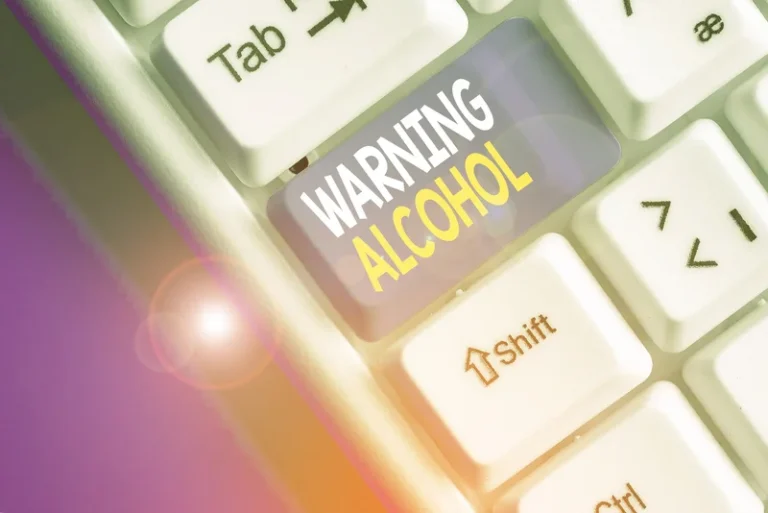
It should be noted that narcissism is a trait, but can also be part of a personality disorder. People who are at what is alcoholism the highest end of the spectrum are the people who are classified as NPD. Others with narcissistic traits may fit on the lower end of the narcissistic spectrum.
- She has a Master’s degree, undergraduate degrees in English and Sociology, a diploma in Holistic Herbal Therapy, and is trained in mental health first aid, anti-violence work, and peer support work.
- Understanding these dynamics is essential for providing support and seeking appropriate help.
- Like he remembers, he recalls, he’s immersed in shame, in guilt, in self-hatred, self-loathing, self-destructiveness.
